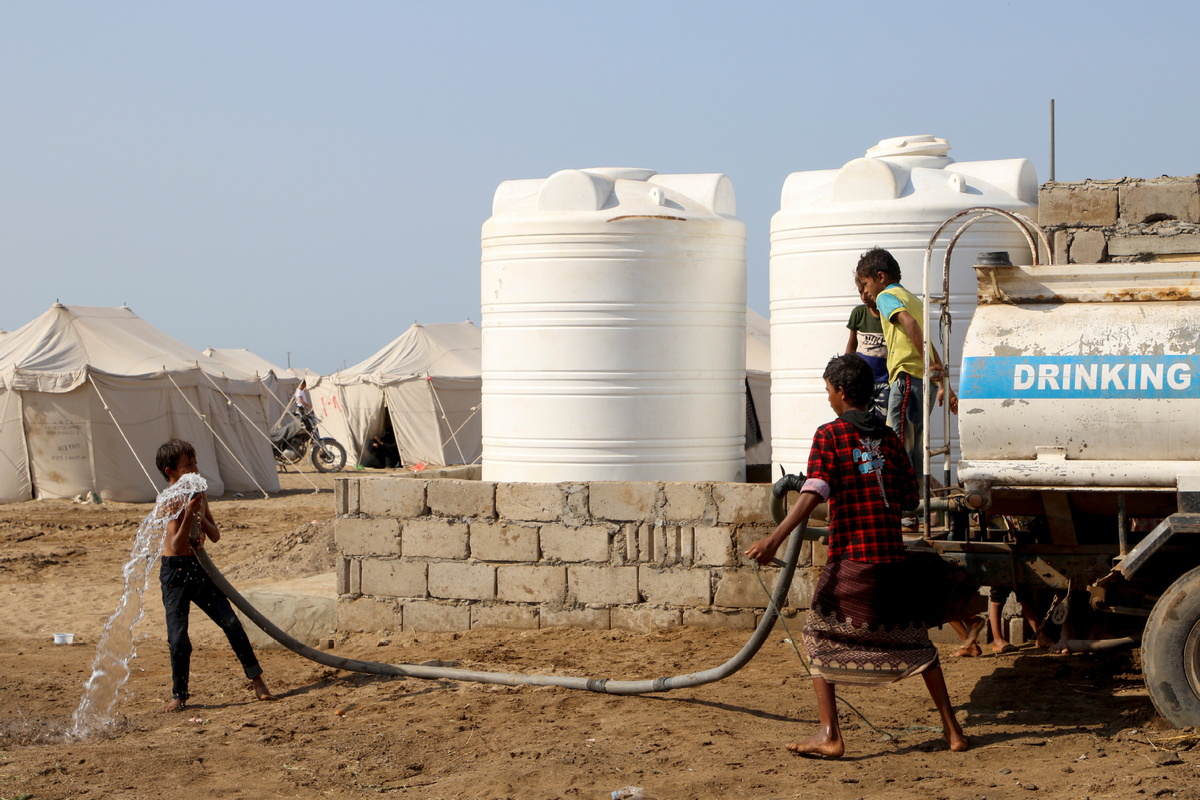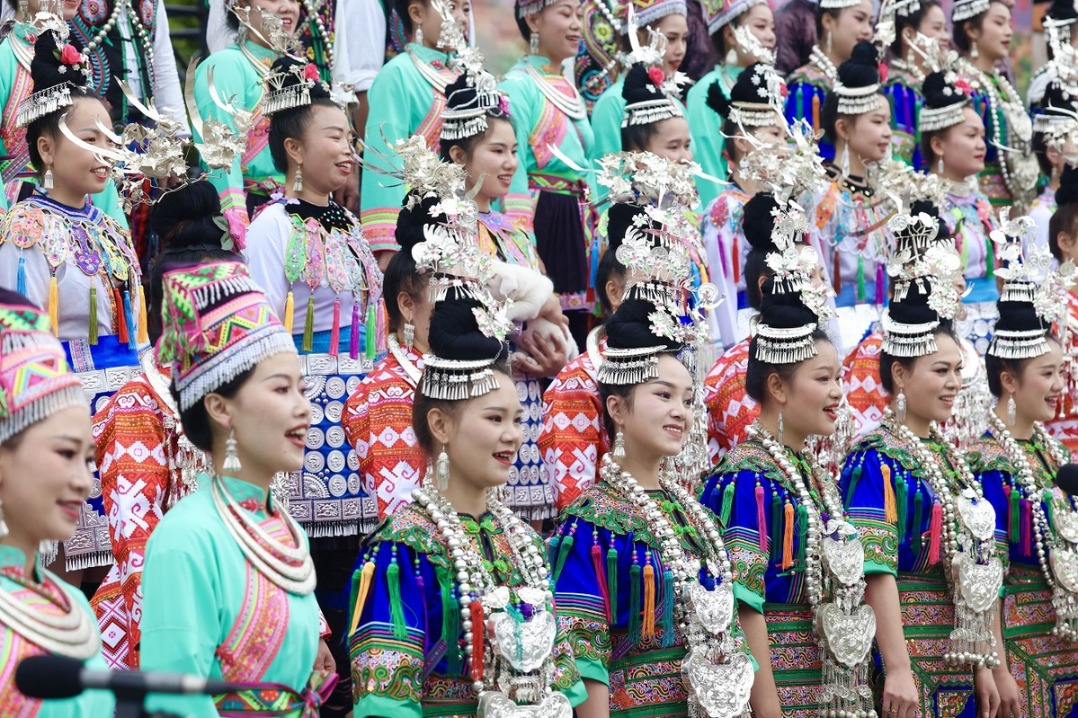Aid workers risk life, limb on front line
By JAN YUMUL in Hong Kong | CHINA DAILY | Updated: 2022-02-28 09:14

Assaults and shootings among perils that face those who deliver humanitarian help
Hussein Hassan, an international humanitarian worker of 16 years, recalls narrowly escaping death during an airstrike and clashes between Houthi rebels and government armed groups in Taiz, Yemen.
His experience illustrates just some of the many dangers that humanitarian aid workers in the Middle East and North Africa often face as they seek to deliver aid to the needy. Because of the region's long history of civil wars, factional infighting, geopolitical conflicts and foreign interference, it is one of the riskiest places for aid workers.
According to the Aid Worker Security Database, 397 aid workers globally faced attacks last year in 212 incidents. The database, a project of Humanitarian Outcomes, a research and policy group in London, compiles reports on security incidents involving acts of violence affecting aid workers.
In the Middle East, the greatest number of attacks on workers last year were reported in Syria, with 40 workers attacked in 19 incidents. The country ranked fourth globally. Attacks on eight workers were reported in Yemen involving five incidents. In the occupied Palestinian territories, two attacks on workers were reported. Globally, South Sudan topped the list, followed by Mali and then Afghanistan.
The attacks ranged from airstrikes to assaults, shootings, kidnappings and bombings. The attackers were government forces, rebels and coalition groups backed by foreign governments. Victims included workers from global humanitarian aid organizations such as Medecins Sans Frontieres, Save the Children and the United Nations.
Noura Ghazi, a Syrian human rights lawyer and executive director of Nophotozone, a group that provides legal aid to families of detainees and missing persons in Syria, said humanitarian workers in Syria face many challenges in which anyone who delivers humanitarian aid could be considered a terrorist.
Syria has been divided into enclaves after protests against President Bashar al-Assad's administration erupted in 2011, broadening into a civil war the following year. At least 600,000 people are estimated to have been killed in the war, which has displaced millions, the Syrian Observatory for Human Rights says.
Similarly, Yemen has been divided into factions by the Houthis, a rebel group that resisted the rule of former Yemeni president Ali Abdullah Saleh in the 1990s, the Southern Transitional Council, a separatist group in south Yemen, and the anti-Houthi forces opposed to the government.
Collapse of services
Hussein Al-Suhaili, chairman of the Tamdeen Youth Foundation, a nonprofit group in Yemen, said humanitarian work in Yemen is "fraught with risks and complications" owing to the multiplicity of parties to the conflict, the collapse of services and armed groups imposing their own laws, including controlling local revenues and taxes.
Arhama Siddiqa, a Middle East researcher at the Institute of Strategic Studies Islamabad, Pakistan, said attacks on humanitarian workers in the Middle East and North Africa have become a "modern passage of arms" and is close to becoming the new normal in what she called "one of the most turbulent regions in the world".
A report in March last year by the Stockholm International Peace Research Institute, which conducts research on conflict and armaments, said the United States was the largest arms exporter, increasing its global share of arms exports from 32 percent between 2011 and 2015 to 37 percent between 2016 and 2020, and supplying major arms to 96 states. Forty-seven percent of US arms transfers went to the Middle East, Saudi Arabia accounting for about half of them.
"Poverty and malnourishment in these regions have fueled not only intolerance, but as a way to survive… impelled the poor populace to join mercenaries and terrorist mafias which have led to attacks on humanitarian workers, where cash incentives are offered," Siddiqa said.
























